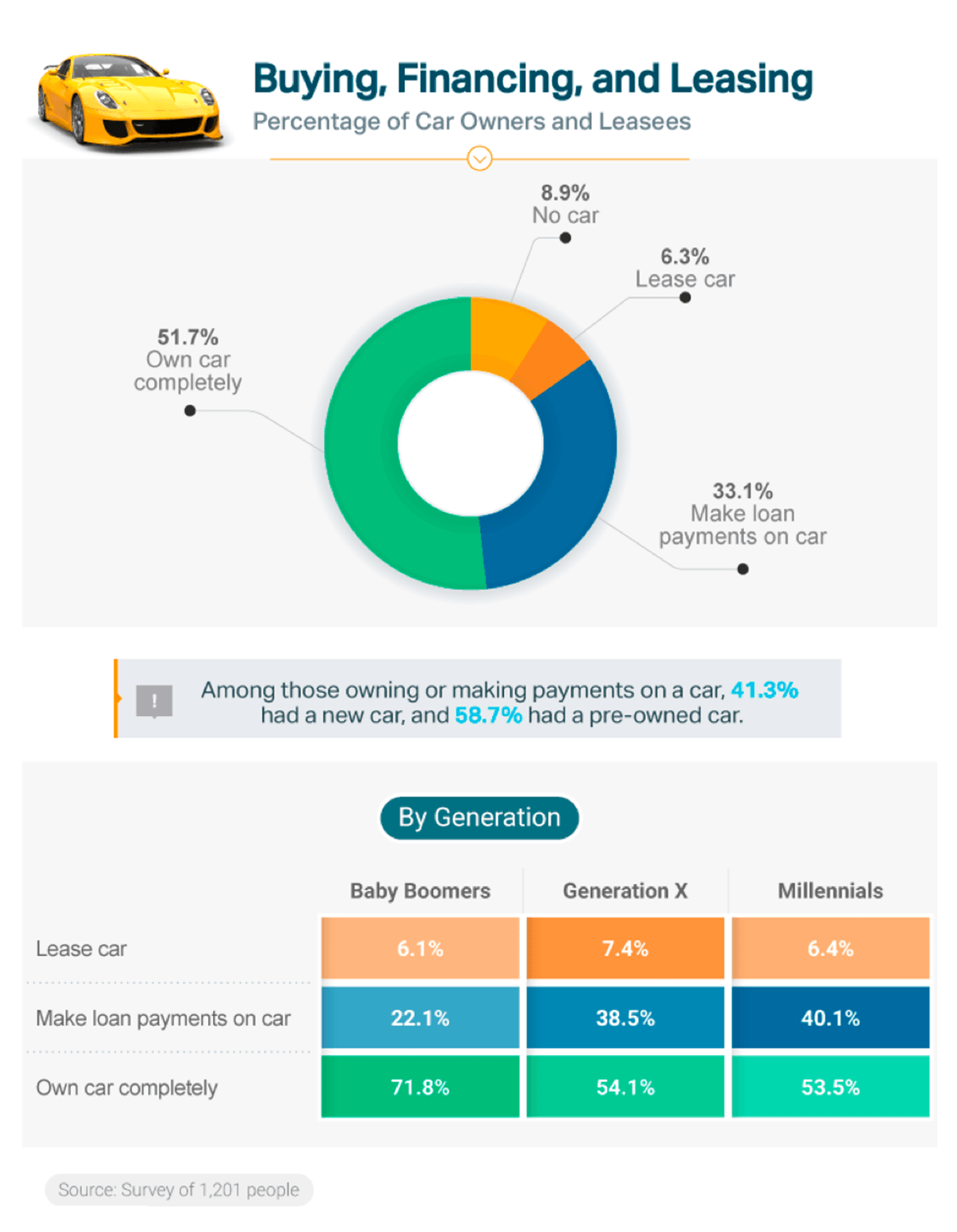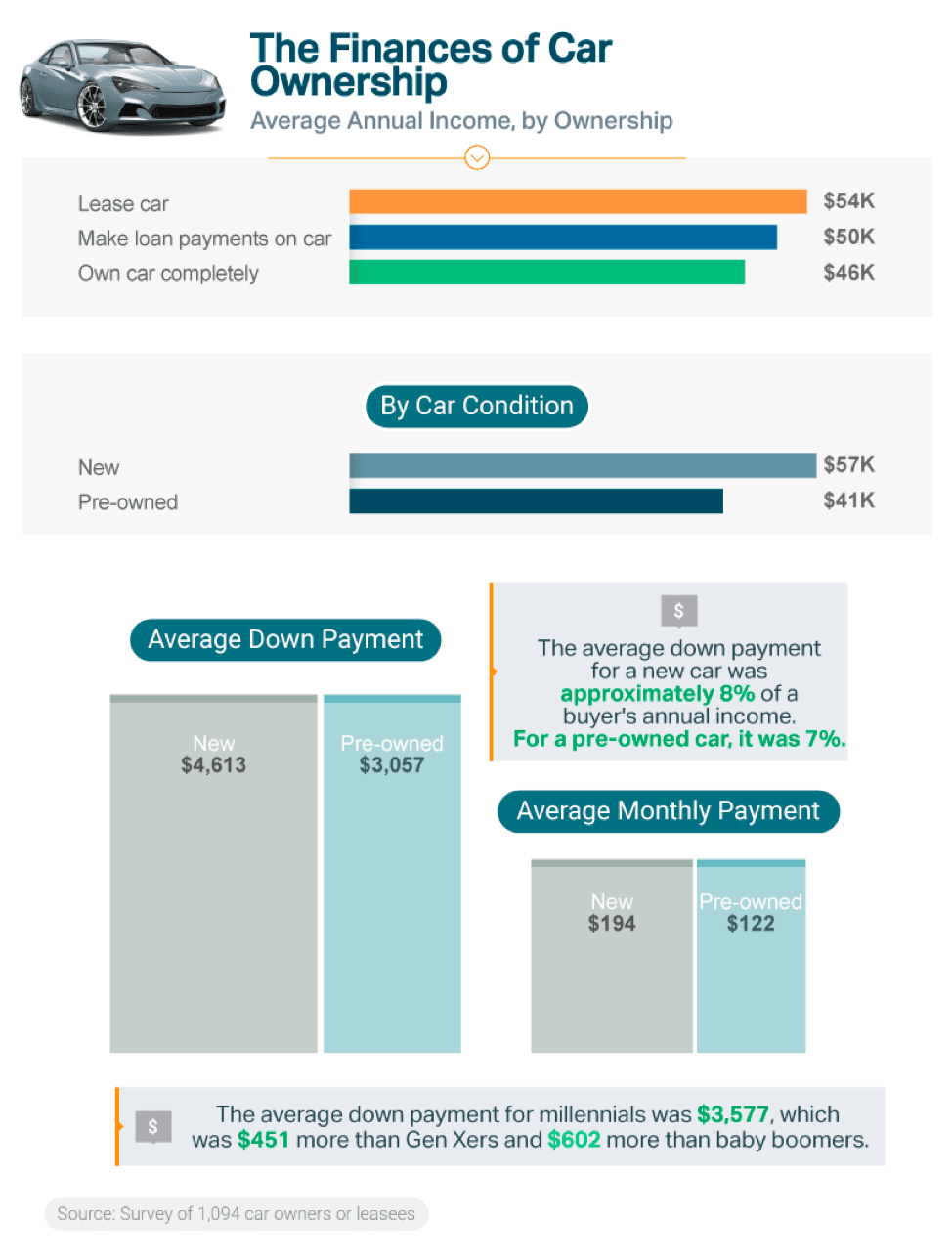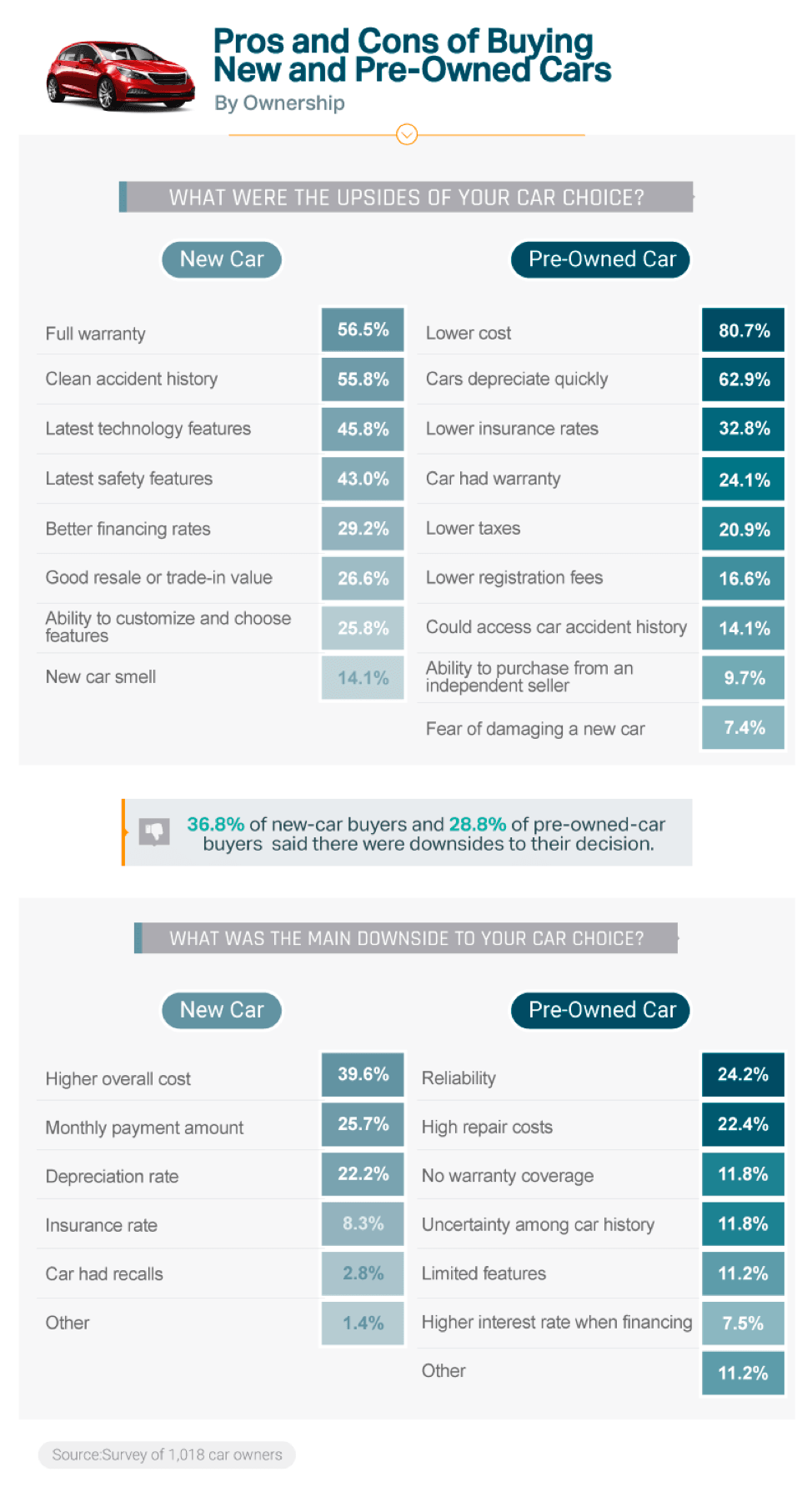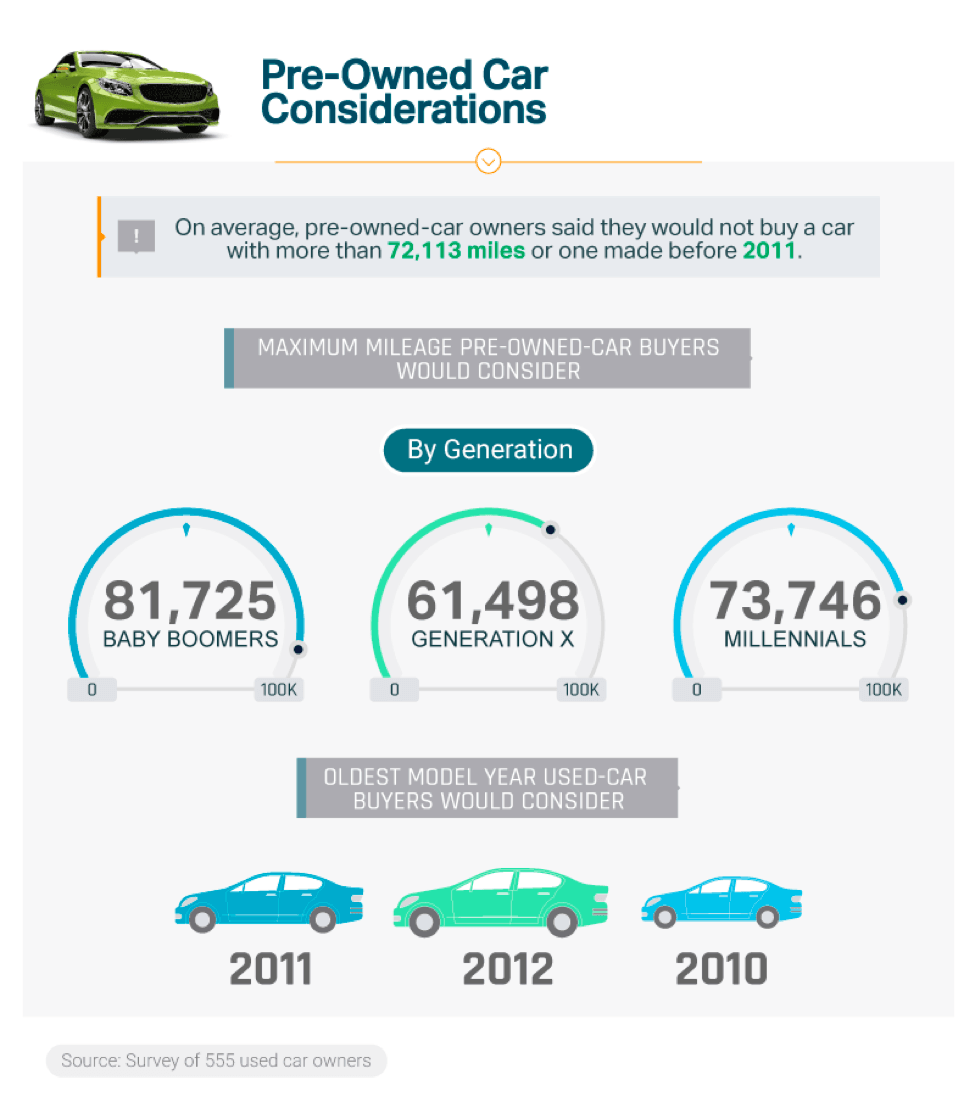Regional mass transportation projects, such as Florida’s Brightline rail lines, are being well received and are in high demand by both consumers and bidding cities eager to take advantage of convenient and speedy train services. While these improvements are newsworthy, people in many towns and cities across America remain dependent on the process of owning, financing, or leasing; basically some form of car ownership.
There are several different methods you can follow toward obtaining a vehicle. What do those experiences look like and how do they vary from person to person? And how might income impact someone’s preferred or current type of car ownership?
Q2 hedge fund letters, conference, scoops etc
A survey of over 1,000 people was conducted by TrueCar.com, a trusted car comparison website, to determine which car purchasing experiences were most common. Respondents were asked a series of questions about their vehicle preferences, considerations, and experiences when deciding to buy, lease, or finance.
The survey found that more people own pre-owned than new cars – almost 81% of pre-owned car buyers in the survey revealed that an appealing lower cost was the greatest advantage when buying pre-owned. These vehicles are typically more affordable initially, but that doesn’t entirely stay the case as some makes and models actually become more expensive due to being prone to need repairs, which can equalize the lower ticket cost compared to some brand new cars.
A smaller minority of vehicle owners lease their cars and trucks, but they are disproportionately prone to regrets after purchasing: 43.3% of leasees admitted to having negative issues with their choice of purchasing method. The leasing market experiences its fair share of ups and downs, but there are always going to be some people who find a need to lease.
Regardless if you lease, buy new, or purchase pre-owned, the future of car ownership is bright. New companies centered around innovative methods designed to deliver a car from point A to point B are expediting the process of car buying and bringing it into the 21st century. This simplification creates a benefit to the consumer and an adaptability to the industry. As other older industries are struggling to bring their businesses into the green age, the automotive industry is led by major players who are swiftly transitioning their inventory into renewable power cells and sustainable building practices.
Another means of innovation has come through online car buying. Over 61% of people surveyed would consider buying a car online – a rise compared to past years. As the legitimacy of online car dealers and marketplace-style websites have grown in popularity, these businesses have become trusted by consumers. They offer a convenience that can’t be matched by going to a dealership and haggling with a salesman.
Purchasing a car has generally been a struggle in the past, with consumers entering a juggling ring opposite an eager salesman with a mission. Now with the option to buy a car online, Americans have a diverse range of differences in how they acquire a vehicle.












